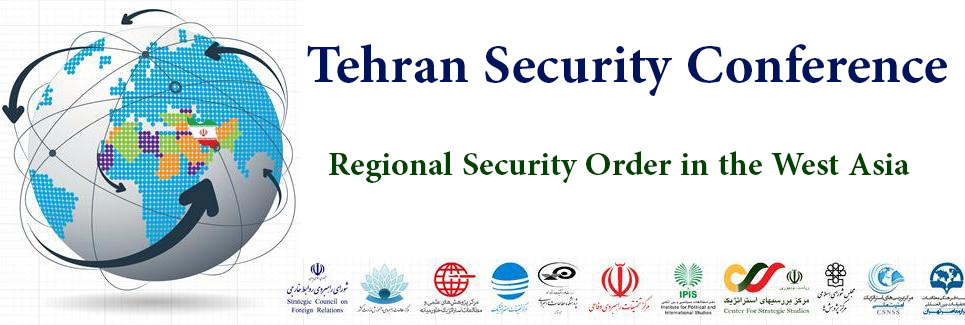Alwaght- The fast-moving developments of West Asia region and their influences on the world have caused some fast changes in the countries of the region. The speed of change is even faster than the speed of the threats.
The Axis of Resistance, led by Iran, has introduced new order to the region, essentially changing the equation of power. In the new order, the government-based security mode gives place to the people-based security. This is an initiative of the Islamic Revolution of Iran that challenged the security orders presented by the US as a global leader, as at the same time it subdued the agenda of the “petrodollar powers” in the West Asia.
The International Conference on Regional Security Order in the West Asia has kicked off in Tehran with a number of Iranian and foreign officials and experts in attendance.
The first edition of Tehran Security Conference aims to offer a new pattern that well suits the new regional developments and changes.
Understanding the region and presenting an accurate analysis of its status, producing and boosting rhetoric of thoughts and ideas, participation in decision making, working up consensus, and discussing future of security order of the West Asia are all goals of the Tehran security conference.
The conference is set to produce new thought and doctrine for the regional leaders to prepare the ground for the security of the region to be administered by the regional nations so that the foreign role in the region sees a gradual impairment and the foreign powers lose the potentials to intervene in West Asia region. This, in turn, paves the way for a west Asia without presence of the US and the Israeli regime.
The Tehran security conference also can work as evidence showing that contrary to propaganda of Persian Gulf Arab states who try to paint the Islamic republic as a source of threat, Iran is a peace-seeking country that eyes taking part in security provision, creating an atmosphere for dialogue with the regional actors, and settling the regional problems without need for transregional forces' interventions.
The one-day conference will include six specialist sessions, and Foreign Minister Mohammad Javad Zarif, Interior Minister Abdolreza Rahmani Fazli, Defense Minister Hossein Dehghan, Head of Strategic Research Center of the Expediency Council Ali Akbar Velayati, and Head of Strategic and Foreign Relations Council Kamal Kharrazi are also expected to deliver speeches.



























